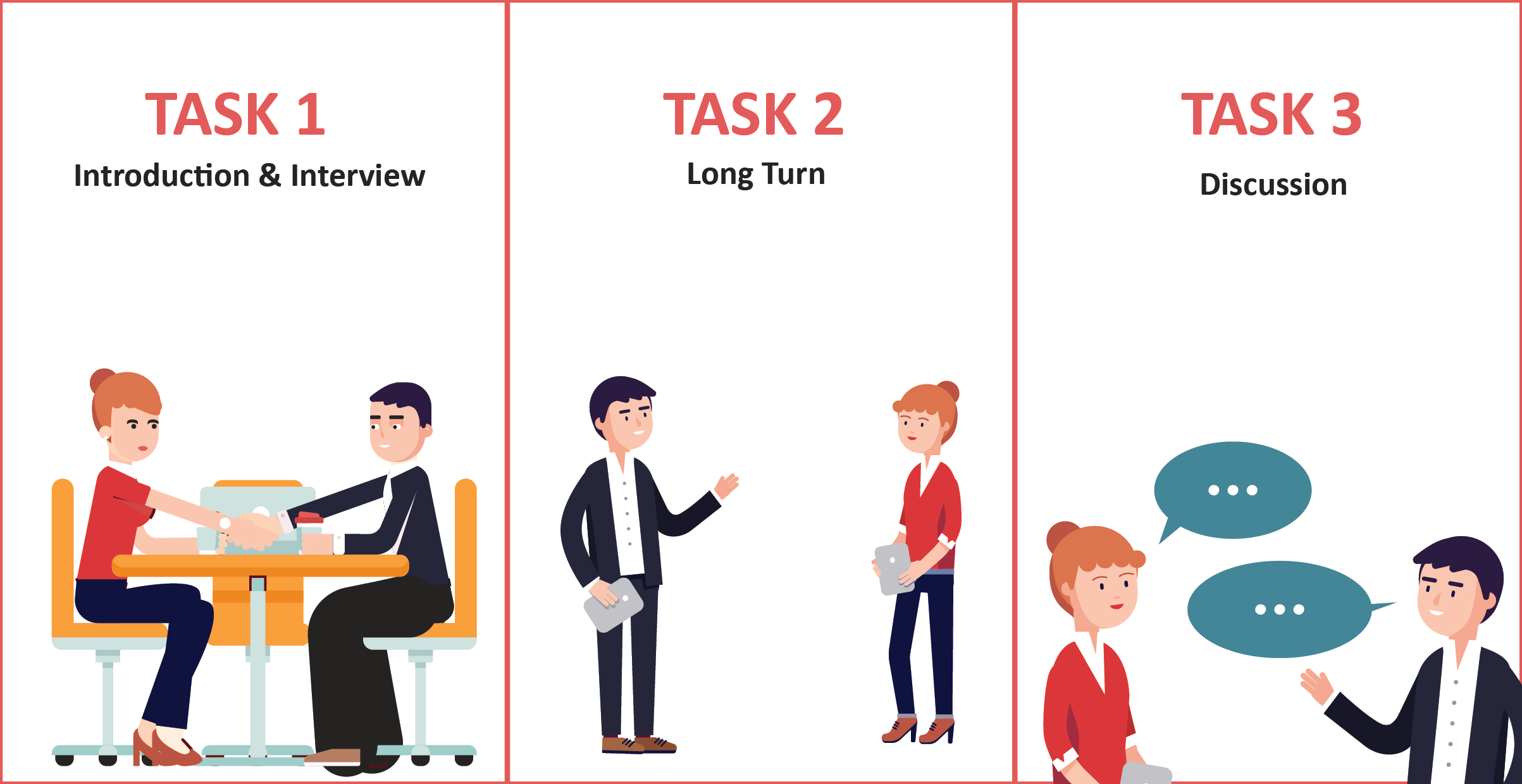Bạn lo lắng khi gặp phải bẫy tâm lý trong IELTS Speaking? Hãy cùng Aten English tìm hiểu ngay cách khắc phục chúng trong bài viết sau đây nhé!
1.Những cặp từ dễ gây nhầm lẫn trong IELTS Speaking
affect/ effect
Ví dụ:
affect: The bad weather affects my mood.
effect: The president effected several changes in the company.
alibi/ excuse
Ví dụ:
alibi: The police broke her alibi by proving she knew how to shoot a pistol.
excuse: I can’t buy his excuse.
alternatives / choices
Ví dụ:
alternatives: New ways to treat arthritis may provide an alternative to painkillers.
choices: Our choices come down to staying here or leaving here.
anticipate / expect
Ví dụ:
anticipate: What Jeff did was to anticipate my next question.
expect: I expect that the weather will be nice.
flagrant / blatant
Examples:
flagrant: The judge called the decision “a flagrant violation of international law.”
blatant: Outsiders will continue to suffer the most blatant discrimination.
chronic / acute / severe
Ví dụ:
chronic: For those with chronic depression, she said, “keep at it.”
acute: Acute dysentery wracked and sapped life from his body.
compose / comprise
Ví dụ:
compose: England, Scotland and Wales compose the island of Great Britain.
comprise: After the 2014 referendum on independence for Scotland, the UK still comprised England, Scotland, Northern Ireland and Wales.
continual / continuous
Ví dụ:
continual: “No nation could preserve its freedom in the midst of continual war,” Madison concluded.
continuous: Continuous farming impoverishes the soil.
crescendo / climax
Ví dụ:
crescendo: She spoke in a crescendo: “You are a bad girl! You are a wicked girl! You are evil!”
climax: The fifth scene was the climax of the play.
decimate / destroy
Ví dụ:
decimate: Famine decimated the population.
destroy: The soldiers destroyed the village.
dilemma / problem
Ví dụ:
dilemma: Many women are faced with the dilemma of choosing between work and family commitments.
problem: The problem of street crime is getting worse every year.
disinterested / uninterested
Ví dụ:
disinterested: A lawyer should provide disinterested advice.
uninterested: He was uninterested in politics.
entomb / trap
Ví dụ:
entomb: The city was entombed in volcanic lava.
trap: The train was trapped underground by a fire.
flotsam / jetsam
Ví dụ:
flotsam: The water was full of flotsam and refuse.
jetsam: The smallest bits of jetsam, like the most transient incidents in a life, can be the most evocative.
forego / forgo
Ví dụ:
forego: So she did his bidding and gave him the cup, which no sooner had he drunk than his head forewent his feet.
forgo: Sometimes this priority shift means you have to forgo one goal in exchange for another.
gourmet / gourmand
Ví dụ:
gourmet: Food critics have to be gourmets in order to write about food in an informed way.
gourmand: He’s the kind of gourmand who swallows food without even pausing to taste.
inchoate / incoherent
Ví dụ:
inchoate: She had a child’s inchoate awareness of language.
incoherent: The talk she gave was incoherent and badly prepared.
incumbent(noun.) / incumbent (adj.)
Ví dụ:
incumbent(noun.) : The incumbent president faces problems which began many years before he took office.
incumbent (adj.): She felt it was incumbent on herself to act immediately.
inflammable / flammable
Ví dụ:
inflammable: Petrol is a highly inflammable liquid.
flammable: This solvent is flammable.
insidious / invidious
Ví dụ:
insidious: Cancer is an insidious disease.
invidious: The boss made invidious distinctions between employees.
less / fewer
Ví dụ:
less: We must try to spend less money.
fewer: Fewer people smoke these days than used to.
litigate / dodge
Ví dụ:
litigate: The case is still being litigated.
dodge: He dodged the bullet.
luxuriant / luxurious
Ví dụ:
luxuriant: Tall, luxuriant plants grew along the river bank.
luxurious: They have a very luxurious house.

Tham khảo: Câu trả lời mẫu đề thi IELTS Speaking Hobbies Part 1 và 2
2. Một số lỗi thường gặp về cách trả lời trong IELTS Speaking
Trả lời câu hỏi bằng Im lặng
- Hmmm, that’s an interesting question…
- Well, I suppose…
- Sorry, could you say that again?
Phát âm đều đều
- Nghe một đoạn clip ngắn của người nói tiếng Anh bản ngữ (bất kỳ giọng nào cũng được)
- Ghi lại những gì họ nói và ghi lại: những từ được nhấn mạnh; ngữ điệu lên xuống; các từ được liên kết với nhau
- Ghi lại chính bạn nói điều tương tự
- So sánh bản ghi của bạn với bản gốc và ghi lại bất kỳ sự khác biệt nào
- Lặp lại điều này thường xuyên với các điểm nhấn khác nhau và các tình huống khác nhau.
Từ vựng quá đơn giản
Để đạt điểm cao về từ vựng (lexical resource), bạn cần phải có nhiều từ vựng mà bạn có thể sử dụng cho nhiều chủ đề khác nhau. Trong thực tế, nếu bạn thấy mình thiếu từ vựng khi nói về một chủ đề nào đó, hãy ghi vào sổ tay danh sách từ vựng về chủ đề đó. Ví dụ. ‘space hoặc ‘hobbies’.
- Đọc/nghe/xem các văn bản về chủ đề đó và mỗi lần học khoảng 10 từ mới.
- Thêm chúng vào danh sách sổ ghi chép của bạn, kèm theo định nghĩa và ví dụ.
- Thực hành nói về chủ đề đó một lần nữa và tập trung vào việc kết hợp những từ mới mà bạn đã học.



